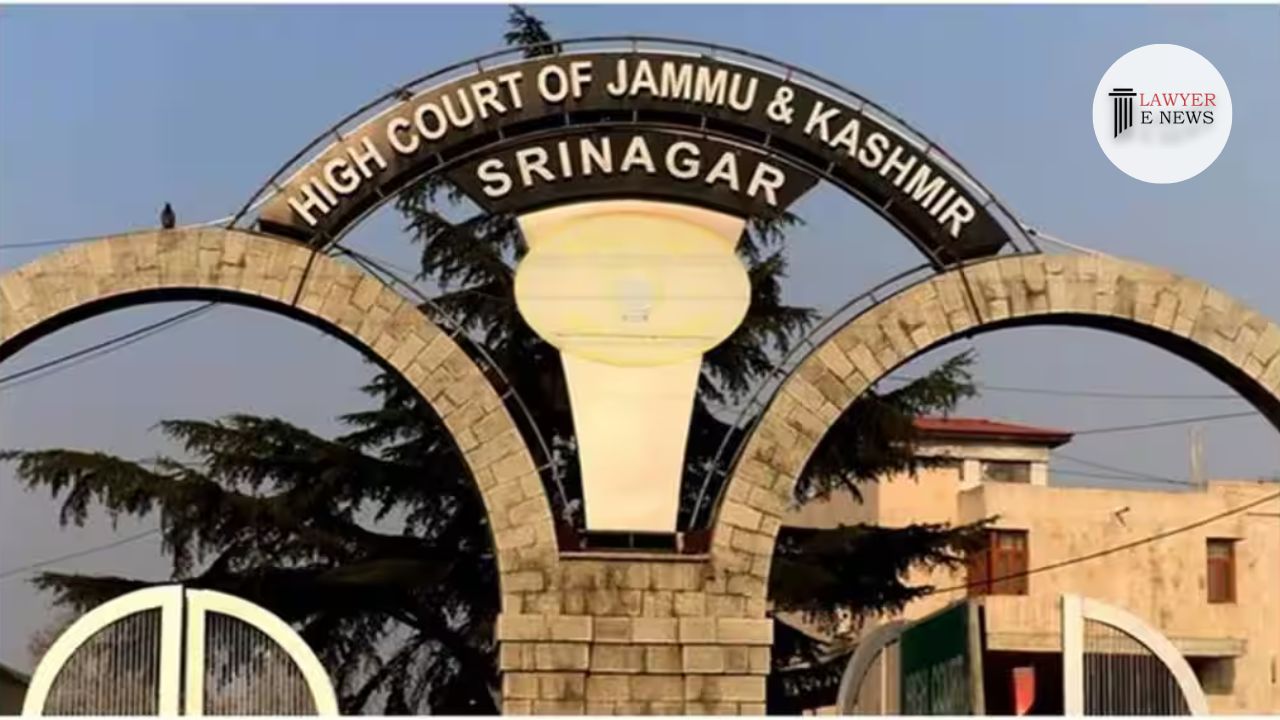-
by sayum
24 February 2026 2:51 PM



In a recent Judgement, the High Court rendered a verdict acquitting a bank cashier who was charged with criminal breach of trust. The court, after careful examination of the evidence, concluded that the prosecution had failed to establish the essential elements of the offense beyond reasonable doubt.
High court highlighted the importance of proving both the entrustment of the property and the dishonest misappropriation or conversion to personal use by the accused. Justice Mohan Lal, delivering the judgment, stated, "The prosecution has miserably failed to prove the guilt of the petitioner/convict beyond reasonable doubt for commission of offense under section 409 RPC."
The defense counsel, representing the petitioner/convict, argued that the prosecution's case lacked sufficient and cogent evidence to link their client to the alleged offense. Quoting the judgment, the defense counsel emphasized, "The witnesses examined by the prosecution have not been able to put forth in their evidence a ring of truth, so as to inspire confidence in this court."
Furthermore, the court referred to several precedent cases, including Janak Raj vs. State, The State of Maharashtra vs. Mohan Radhkrishna Pednekar, and M/S. Rahmania Coffee Works vs. Unknown, which reiterated the need for substantial evidence to prove the offense of criminal breach of trust.
The judgment emphasized that mere misappropriation of funds is not sufficient to establish criminal breach of trust and that there must be clear evidence of dishonest intention. "Every such incident of missing the amount in the counter cannot be said to be an act of criminal breach of trust," the judgment noted.
The acquittal of the bank cashier has raised questions about the adequacy of the prosecution's evidence and its failure to establish the guilt of the accused beyond reasonable doubt. The decision serves as a reminder of the burden of proof in criminal cases and the importance of substantial evidence to secure a conviction.
The judgment is likely to have implications for future cases involving criminal breach of trust, as it reiterates the necessity of proving both the entrustment of property and the accused's dishonest misappropriation or conversion to personal use.
The defense hailed the court's decision, stating that it upholds the principle of "innocent until proven guilty" and affirms the importance of a robust legal system that safeguards the rights of the accused. The prosecution, on the other hand, may consider its options for further action in light of the acquittal.
Date of Decision: July 19, 2023.
Bishan Dass vs State of J&K
